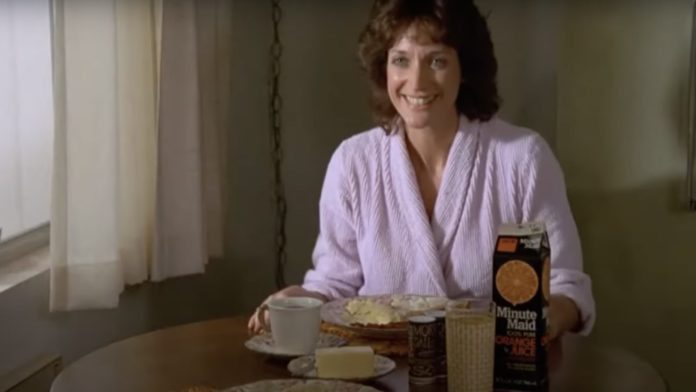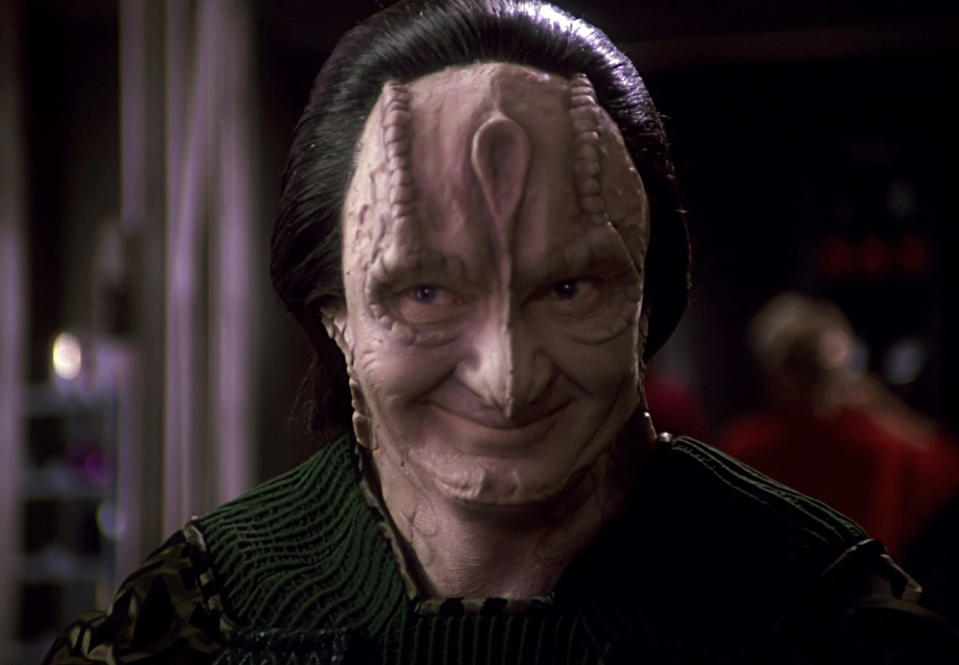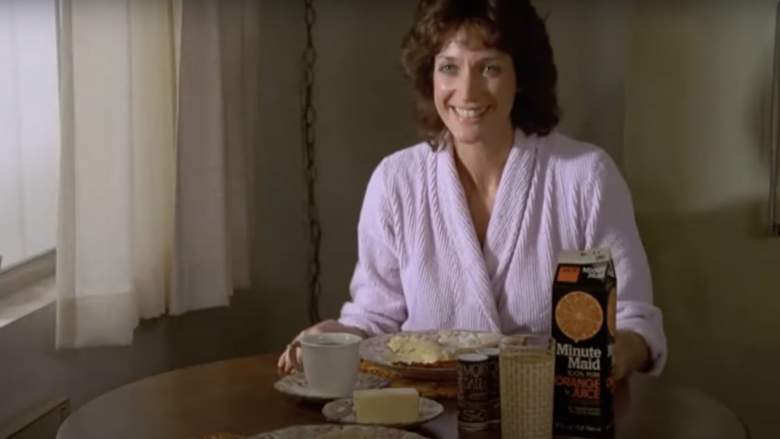
YouTube Randee Heller as Lucille LaRusso in “The Karate Kid” (1984).
Any fan of the original “Karate Kid” movie would be inclined to recognize Randee Heller as Daniel LaRusso’s mother, Lucille, who appeared in the original film, “Part III,” and “Cobra Kai.” But although Lucille LaRusso was a major figure in the life of protagonist Daniel LaRusso, Randee Heller may not be as well-known as some other members of the legendary cast. So what do we know about her? And will she make another appearance in future episodes of “Cobra Kai?”
Here’s what you need to know about Daniel LaRusso’s mother, Lucille.
Heller’s 37-Year Span as Lucille LaRusso
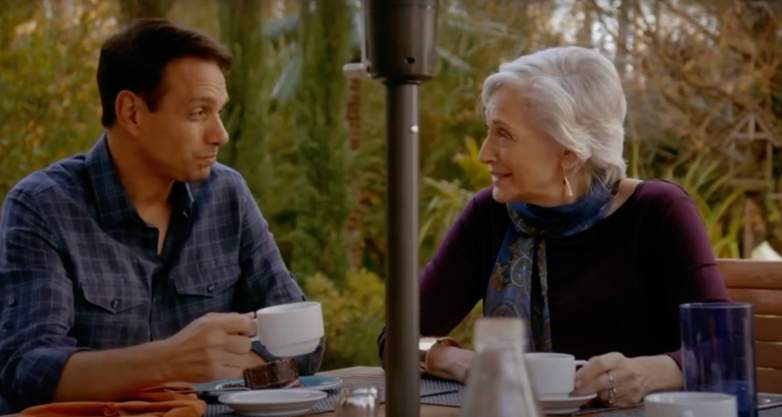

YouTubeDaniel (Ralph Macchio) and Lucille LaRusso (Randee Heller) in season 1 of “Cobra Kai” (2018).
Randee Heller, who portrays Lucille, was born in 1947 and has had a long career in television and film.
After playing the loving and kindhearted Lucille LaRusso in 1984, at the age of 36, Heller did not go on to appear in “Part II,” and only made a brief appearance in one scene in “Part III.”
She did, however, return to the “Karate Kid” franchise as Lucille LaRusso in “Cobra Kai,” making her first appearance in episode 8 of season 1, at the age of 70, during a dinner with Daniel’s family. She appeared again in season 2, sharing memories of Daniel’s late father and helping him with his marital difficulties while they look at old photos.
Lucky for fans of Daniel’s mother, Netflix recently announced that Lucille will be appearing in season 4 of “Cobra Kai,” so viewers have not seen the last of her character yet.
Heller Was Part of a Groundbreaking Moment in Television
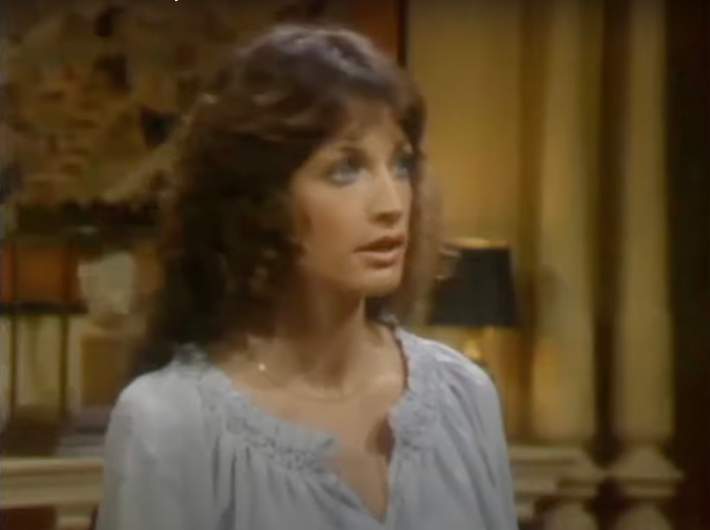

YouTubeRandee Heller as Alice in “Soap” (1979).
What many might not know is that, a few years before “The Karate Kid,” Heller portrayed a character named Alice in “Soap” – a comedy on ABC that aired from 1977 to 1981. Alice, who first appeared on screen in 1979, was television’s first recurring lesbian character, according to HuffPost.
Alice wasn’t even the show’s first gay character, however. “Soap” also featured Billy Crystal as Jodie Dallas, television’s first gay character at all, according to USA Today. As HuffPost explains, the portrayal of gay characters on television was controversial not just among conservatives, but also among gay rights advocacy groups.
Although many conservative religious groups – such as the Southern Baptists, United Church of Christ, United Methodist Church, and National Council of Catholic Bishops – were upset with the representation of homosexuality on television, many gay rights activists were also opposed to her character, as she was perceived as a “tragic portrait of the real-world persecution of openly gay people.” The article continued to say that:
Gay liberationists…were upset with a portrayal of a gay woman who demonstrated the darker side of coming out. Several years later the Boston Herald wrote that Alice’s narrative demonstrated how “the networks have generally depicted lesbians either as suicidal losers or sexual predators.”
Although the portrayal of Alice may have had its faults, it was nonetheless groundbreaking for the gay and lesbian community, as well as for broadcast television. The fact that there had never been an LGBT character on television before, though, may have flustered producers. Heller relayed how they reacted when she suggested a lesbian kiss during practice:
I went to kiss her in rehearsals, and they said, “No, no, no. … You can’t do that.”
I said, “But she’s my girlfriend!”
“No, no no no. We can’t do that. We just cannot do that.”
So it was so careful. It was so delicate in those days that you couldn’t really do your thing. … They wanted me to be a heterosexual homosexual. … I don’t know! They wanted me to appear very straight and very middle-of-the-road.
Heller would go on to appear as a lesbian character again in 2010, as a guest star on an episode of Grey’s Anatomy. Around the same time, she portrayed another recognizable role: Ida Blankenship, Don Draper’s secretary on “Mad Men.”
Tune into Netflix to see more of Lucille and other “Cobra Kai” characters when season 4 is released on December 31.

